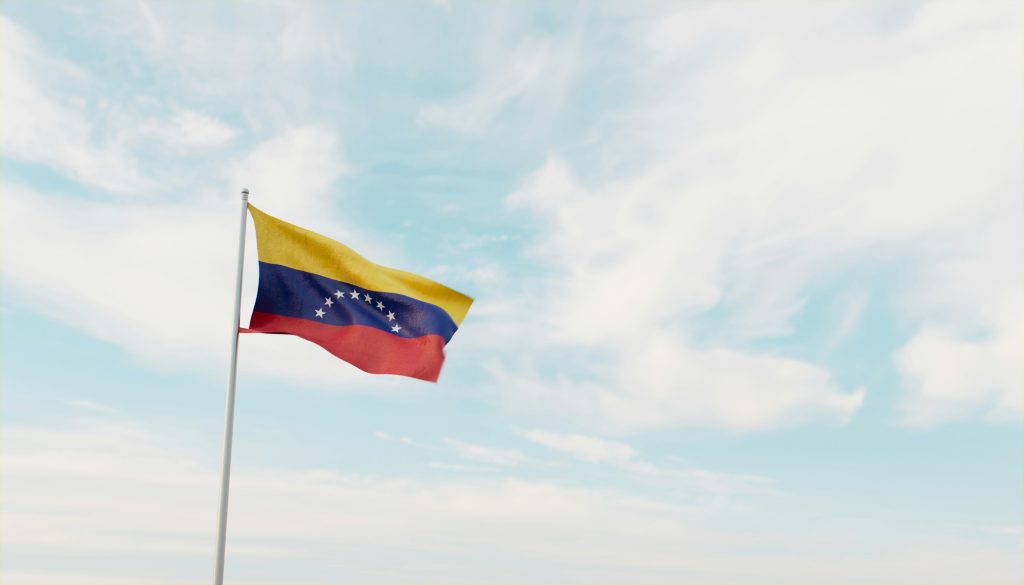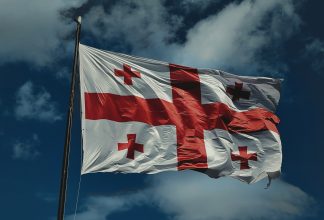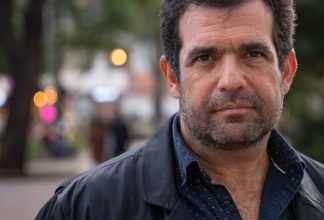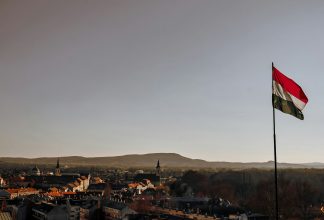Statement: EU and Latin American governments must demand the return of the UN Human Rights office to Venezuela

Repression against human rights defenders and democracy activists is escalating in Venezuela. On 14 February, the government of Nicolás Maduro expelled the UN Human Rights Office in Caracas.
The expulsion of OHCHR is a hard blow for civil society organisations, who have found support in the UN office to monitor human rights violations and gain international attention to their right to defend rights. In addition, it puts human rights defenders in an even more vulnerable situation as the OHCHR provides specialised technical assistance to the Venezuelan State in human rights.
This expulsion adds to at least three severe human rights violations in the last weeks:
Increased Repression: Arbitrary Detention of Rocio San Miguel
The expulsion of the UN Office came after it had denounced the arbitrary detention of human rights defender Rocío San Miguel, president of Control Ciudadano, an NGO monitoring human rights violations by the Venezuelan military.
The detention of San Miguel, who is still kept in prison and likely held at the Security Police’s prison Helicoide in Caracas, is, however, not an isolated incident. There has been a clear increase in repression against human rights defenders, civil society organisations, journalists, political opponents and their families in the last weeks, including arbitrary detentions, harassment, and threats.
Several organisations, headed by women rights defenders, expressed their rejection of the government’s decision to detain San Miguel at a press conference in front of the OHCHR building in Caracas on 14 February.
According to Laura Louza, director of the NGO Acceso a la Justicia, the rights of Rocio San Miguel have been severely threatened as she has not been granted an attorney nor received formal accusations. Louza also said, “We hope to know where she is and that she will be fully released.”
Anti-NGO Law: Tightening the Grip on Civil Society
In January, the National Assembly approved, in its first reading, the “Law on Control, Regularization, Operations, and Financing of Non-Governmental and Related Organisations”, the so-called NGO Law, which significantly tightens government control over civil society.
Civicus, a human rights organisation, concludes that the law “would turn the freedom of association into a matter of public order, exposing organisations to surveillance and police control (…) Organisations that fail to register or disclose their sources of funding could face fines, deregistration and criminal prosecution. They could be criminalised under charges of terrorism, money laundering, destabilisation, conspiracy, and foreign interference.”
Continued Political Exclusion: upcoming elections
Adding to the concerns, the Supreme Court’s decision in January to disqualify opposition leader Maria Corina Machado and other politicians from running in the national elections scheduled for the second half of this year shows how the government is decidedly acting to undermine all possibilities for a return to democracy during 2024.
The deteriorating human rights situation in Venezuela should urge the European Union, the Organization of American States and the UN Human Rights Council to put clear pressure on Nicolas Maduro’s government to withdraw the decision to expel the UN Human Rights office from Venezuela, release all political prisoners and guarantee civil society and the political opposition the right to act freely and participate in the political process in accordance with the Venezuelan constitution.


